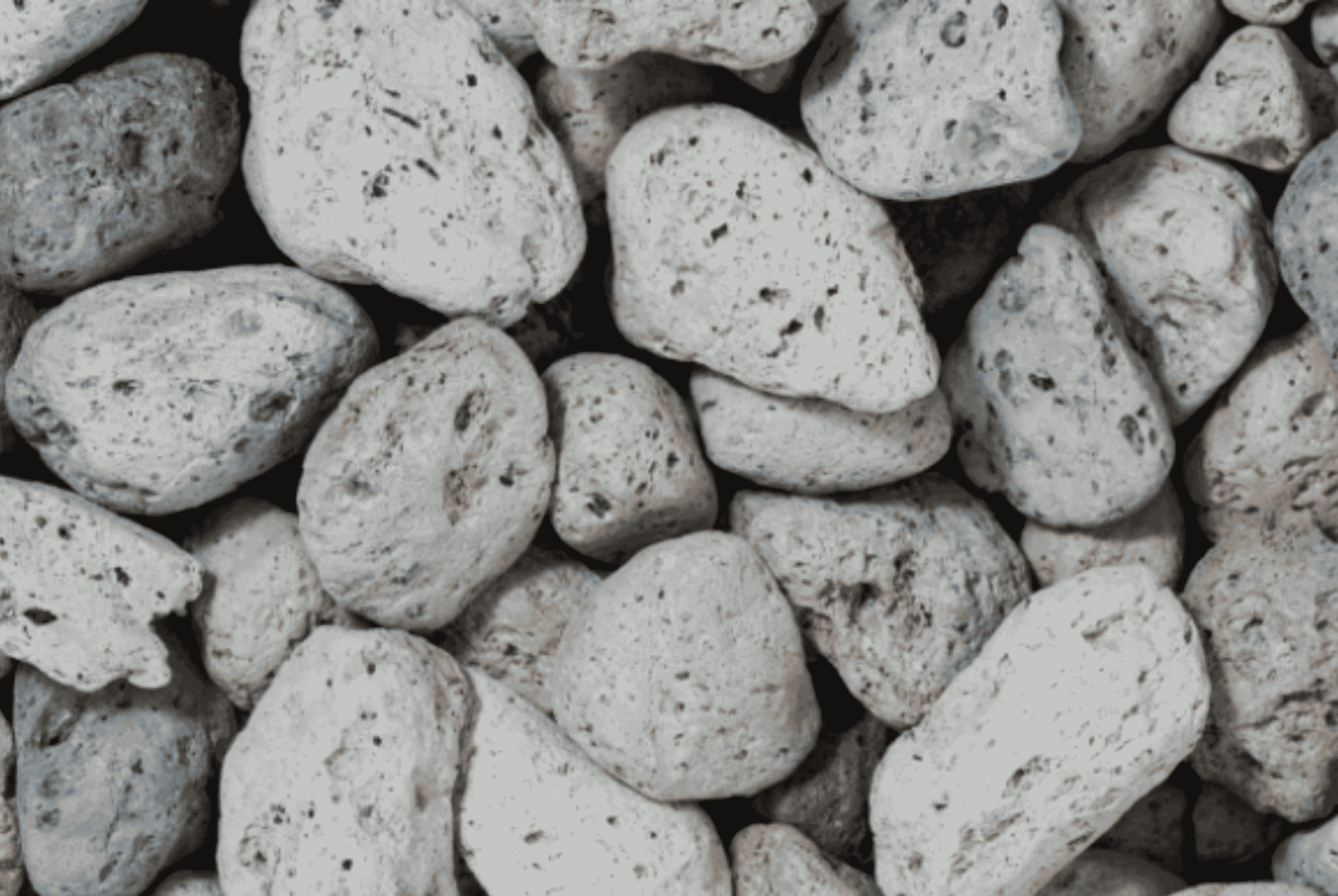What is Pumice Stone?
Pumice stone is a natural type of volcanic rock and is a valuable material used in many different industries around the world. It is formed when lava combines with water vapor at high temperatures, turning into an airy and porous structure. Thanks to this unique structure, pumice stone is known for its lightness, durability and versatile use. Pumice stone, which has a wide area of use especially in the construction, textile, agriculture and filtration sectors, also attracts attention with its environmental friendliness.
Properties and Structure of Pumice Stone
Pumice stone is completely environmentally friendly as it is a naturally occurring rock. Unlike other stones, it is very light and has a low density due to its porous structure. This feature makes pumice stone an extremely efficient material in the construction sector and other industrial applications. This lightweight structure of pumice stone saves energy during transportation and processing, which provides both economic and environmental benefits.
The chemical composition of pumice stone is largely composed of elements such as silica, aluminum oxide and iron oxide. Thanks to this, it has durable and abrasive properties. The porous structure of pumice stone facilitates the passage of water and air, which makes it indispensable in agriculture and filtration systems.
Usage Areas of Pumice Stone
Pumice stone is a versatile material used in many industries:
- Construction Industry: Pumice stone is frequently preferred in the construction sector due to its lightness and high insulation properties. In particular, concrete blocks produced using pumice stone provide energy efficiency in buildings and allow the construction of A+ energy class buildings.
- Agriculture: Pumice stone is used as a soil conditioner in agriculture. It provides aeration of the soil, increases water retention capacity and supports the healthy development of plants. It is also an important component in sustainable agricultural practices.
- Textile: In the textile sector, pumice stone is used especially in denim washing processes. Thanks to its abrasive feature, it gives a natural paleness to the fabrics. In addition, it prevents the fabric from being damaged during the washing process of denim fabrics.
- Filtration: Pumice stone is a filtration material used in water purification systems. Its porous structure filters harmful substances and provides clean water. This feature is one of the main reasons why pumice is preferred in water purification and pool filtration.
Environmentally Friendly Properties of Pumice Stone
Pumice stone is environmentally friendly as a material that comes from nature. It does not harm nature thanks to its chemical-free, recyclable and natural formation. In addition, building materials produced using pumice stone provide energy efficiency, thus contributing to the reduction of carbon footprint.
Pumice Stone and Sustainability: A significant advantage of pumice stone in terms of sustainability is that its lightness leads to low energy consumption in transportation, which reduces carbon emissions during transportation.
Conclusion
Pumice stone is effectively used in many sectors with its natural and environmentally friendly structure. This valuable material, which is used in a wide range from the construction sector to agriculture, from textile to filtration, provides great advantages both economically and environmentally. With its natural structure, durability and versatility, pumice stone will continue to be a preferred material in industrial applications in the future.
If you need pumice stone, we provide high quality and reliable supply Arya Export You can contact us. We aim for success in your projects by offering the most suitable pumice stone solutions for you.

Leave a Reply